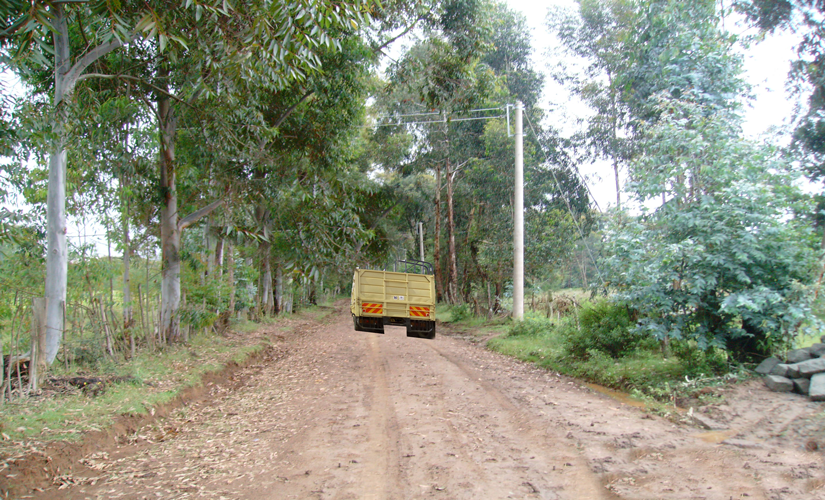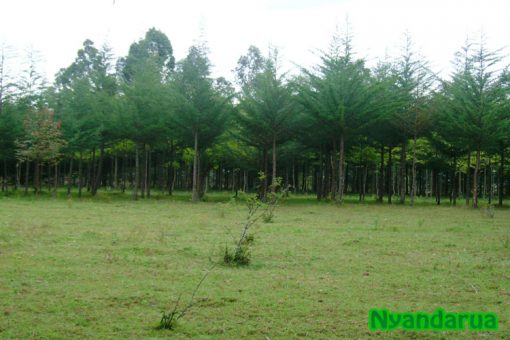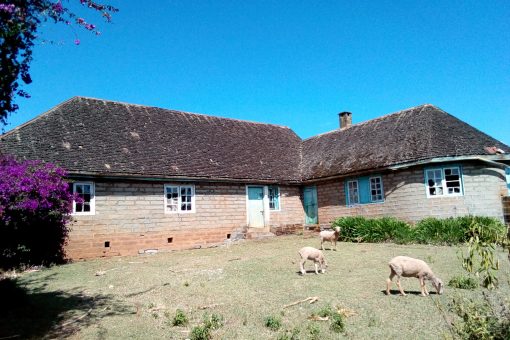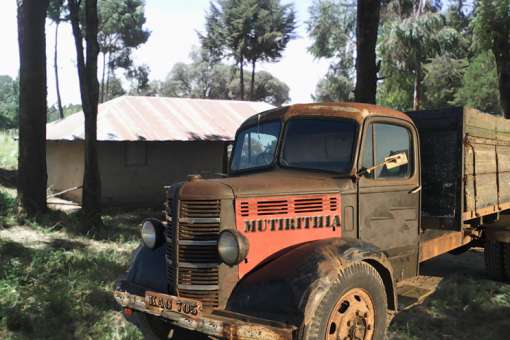In the unfortunate event where the truck arrived at our collection center before my brothers did, it meant they had to travel three kilometers to “Gwa Gataliani” collection center on the Nairobi Nyahururu highway, to intercept the truck they just missed. They needed to arrive there before the truck did, after it looped its way through the second half of our Settlement Scheme re-entering the Nairobi Nyahururu highway at Chakareri, some five kilometers from where the boys were now waiting.
That was no easy task for my brothers in their teenage years. It was very tough. That is why they did everything in their power to make sure our milk was collected at its designated center closer to home. However, there were times when the roads were completely impassable, the Cooperative Society announced the trucks will no longer venture into the Settlement Scheme until further notice. This meant every farmer who wanted their milk delivered to KCC Nyahururu had to ferry their milk to any of the collection centers along the Nairobi Nyahururu highway. Those were long trips especially for farmers from the backside of the Settlement Scheme, traveling up to five Kilometers to deliver their milk. Hats off to everybody who made those deliveries on a daily basis regardless of the weather. They are the heroes who built Nyandarua one delivery at a time.
After delivering the milk to KCC, the trucks came back later in the afternoon to deliver the empty milk cans back to their owners. By that time, the impassable roads had dried up some making it possible for the truck to deliver the empty milk cans to their designated collection centers. It was the farmers job to monitor when the trucks passed their center and dropped off the milk cans, otherwise the cans would remain there on the roadside, sometimes blown off by the wind, sending them tumbling down the road.
After collecting the empty milk cans, they were washed and sanitized with hot water, kept upside down in the sun to dry for use the next morning for milk delivery. This was a daily job, January 1st to December 31st, every year and through the decades. There was no rest for the weary in OlKalou.




